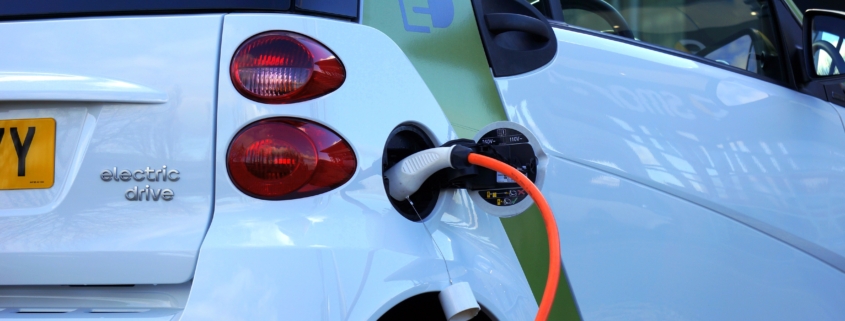Battery factories: Hungary is aiming for leadership in Europe
Hungary currently has the third largest lithium-ion battery manufacturing capacity in the world, according to Visual Capitalist and S&P Global Market Intelligence rankings. The Hungarian government’s declared goal is to become a battery manufacturing powerhouse, and to achieve this it is announcing a series of new investments. The country is well on track to consolidate its position among the top battery-producing countries.
With the rise of electric cars, the demand for batteries has increased significantly and this trend is expected to continue or even increase. According to the Hungarian government, in order for Hungary to emerge as a winner in the electric mobility revolution and become a key player in the industry, battery production capacity needs to be expanded.
Hungary is attractive for investors
Foreign working capital has been coming to Hungary steadily for years, with foreign-owned companies investing as much as 14% of Hungary’s GDP in the last three years. The ongoing transformation of the global economy and the green shift is forcing new developments, especially in the automotive and related battery industries, which is also reflected in the investments coming into Hungary. Several economic analysts agree that Hungary is in an advantageous position to compete for these new investments in the battery industry. In addition to government support, investors are attracted by Hungary’s well-developed road and rail network, which facilitates transport, and its skilled labour force, which is still cheap by European standards.
Dozens of factories across the country
Several battery projects are currently underway in Hungary, whether in Nyíregyháza, Miskolc, Tatabánya or Gödöllő, and new announcements are coming in one after the other. Last August, CATL, the world’s largest battery company, announced that it would build a plant in Debrecen, the second most populous city in Hungary. The 100 gigawatt-hour battery plant would be built with an investment of €7.34 billion and would be the Chinese company’s second European plant after the one in Germany. The plant in Vácrátó will be built with a state subsidy of HUF 2.3 billion and will produce components for batteries. According to press reports, if all the investments are realised, there will be a total of 36 factories in Hungary, including plants specialising in cell and foil production, as well as a cathode raw material factory. In Hungary, the main focus will be on manufacturing capacity, and Hungarian companies will also be involved in maintenance and repair works.
Aiming for second place on the global podium
With a share of nearly four percent, Hungary occupies the prestigious third place in lithium-ion battery manufacturing capacity after China (79 percent) and the United States (6 percent), according to 2021 figures of Visual Capitalist and S&P Global Market Intelligence. Minister of Foreign Affairs and Trade Péter Szijjártó recently said that if the planned construction works are completed, Hungary will move up to second place in the world’s electric battery production, overtaking the United States.


